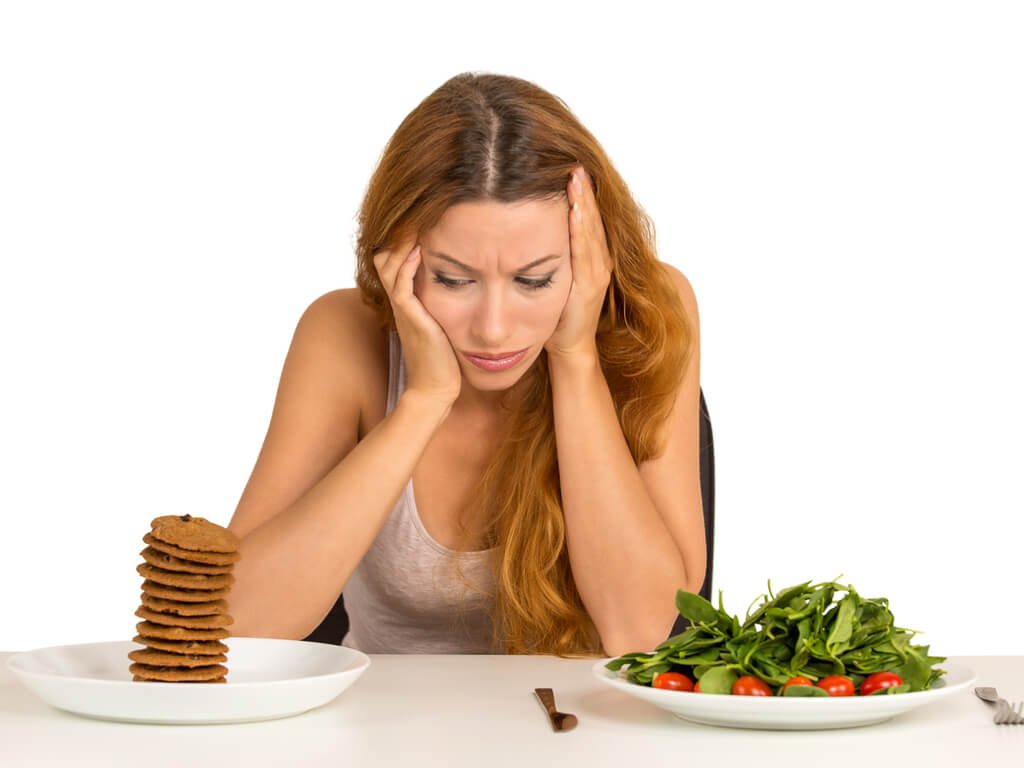What Causes Emotional Eating?
Most of us have heard of “comfort food” and likely indulged in our favorites when we’re feeling low. There’s also the old trope about eating a pint of ice cream after a bad breakup or snacking on junk food while binge-watching your favorite shows when you’re sad.
While these ideas might be stereotypes, there’s some truth behind them. Occasionally, indulging in your favorite snack isn’t harmful; however, emotional eating can wreak havoc on your mind and body when it becomes pervasive and persistent.
Let’s take a closer look at what emotional eating actually is, what causes it, and what you can do to break free from it.
What Is Emotional Eating?
Emotional eating occurs when you listen to your feelings instead of your body. Your body will tell you when you’re hungry, but your emotions will tell you that you need to reach for something that will provide instant comfort. Unfortunately, those same emotions also make it easy to over-eat whatever you choose to consume.
Food is a temporary comfort. If you’re feeling sad, angry, or overwhelmed, it can provide a fast sense of relief, especially if it’s food laden with fat, sugar, or salt. So, it can be very tempting to reach for a snack when you’re feeling low because you know it will help.
But, the comfort doesn’t last long. In a matter of minutes, you can be back to feeling down. So, you might keep eating in an attempt to feel better until you’re not feeling anything but sick.
What Causes Emotional Eating?
There are a variety of factors that can play into emotional eating. However, it’s more common for people who have difficulty regulating their emotions or coping with difficult things. Just as some people turn toward drugs or alcohol as temporary coping mechanisms, others turn to food.
Some people can also be more prone to emotional eating if they’re trying to restrict their calories. There’s nothing wrong with dieting if you’re doing it in safe, healthy ways. If you’re essentially “starving” yourself to the point where your body is constantly hungry each day, you might eventually give in and over-eat. That can wreak havoc on your mental well-being, causing guilt, shame, frustration, and depression.
How Can You Stop Emotional Eating?
The first step in putting a stop to emotional eating is to recognize you’re doing it. Think about your regular eating habits and when you might over-indulge on things. As you start to notice patterns, you’ll have an easier time figuring out what’s triggering those habits.
Once you understand what’s causing your emotional eating, you can take steps toward changing your habits. If you’re using food as a way to cope with difficult feelings or struggles, consider healthier alternatives. Try things like mindfulness, meditation, or journaling to provide comfort and make it easier to manage your feelings.
It’s also a good rule of thumb to surround yourself with healthier foods. Consider planning ahead and putting meals together that will last throughout the week. You can grab them at meal times, of course, but you can also reach for them when you’re tempted to indulge in something you know won’t be good for you.
If you can’t seem to get your emotional eating under control on your own, don’t hesitate to reach out for help. While trying to avoid the habit of emotional eating is a good start, getting to the root of the problem is the best thing you can do. Working with a therapist can help you dig deeper into the cause of your emotional eating so you can prioritize your mental health while doing something healthy for your body as well. We’d love to help you on your journey. Give our office a call today to learn more about how depression therapy can help.

